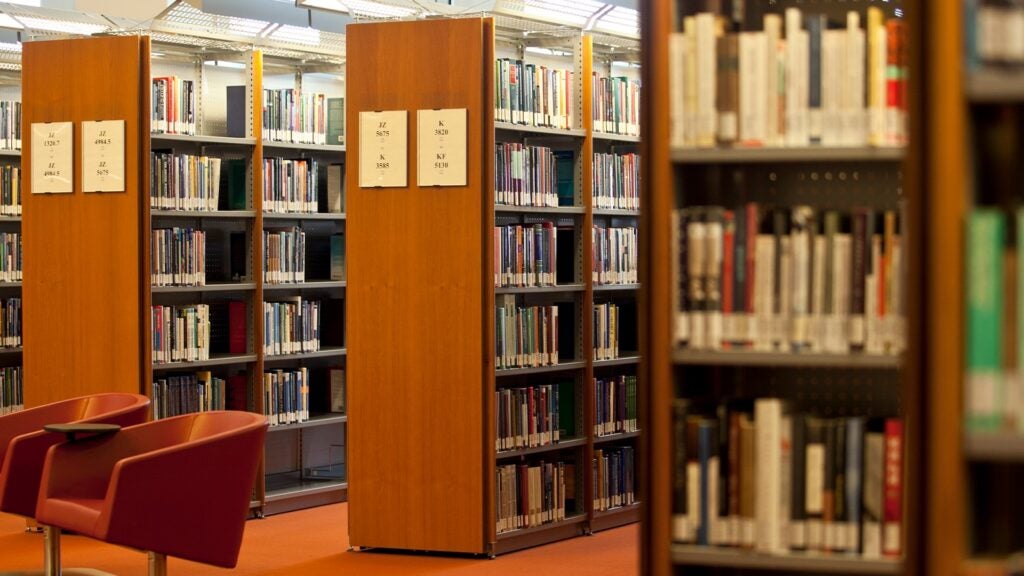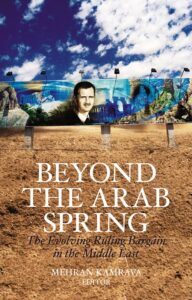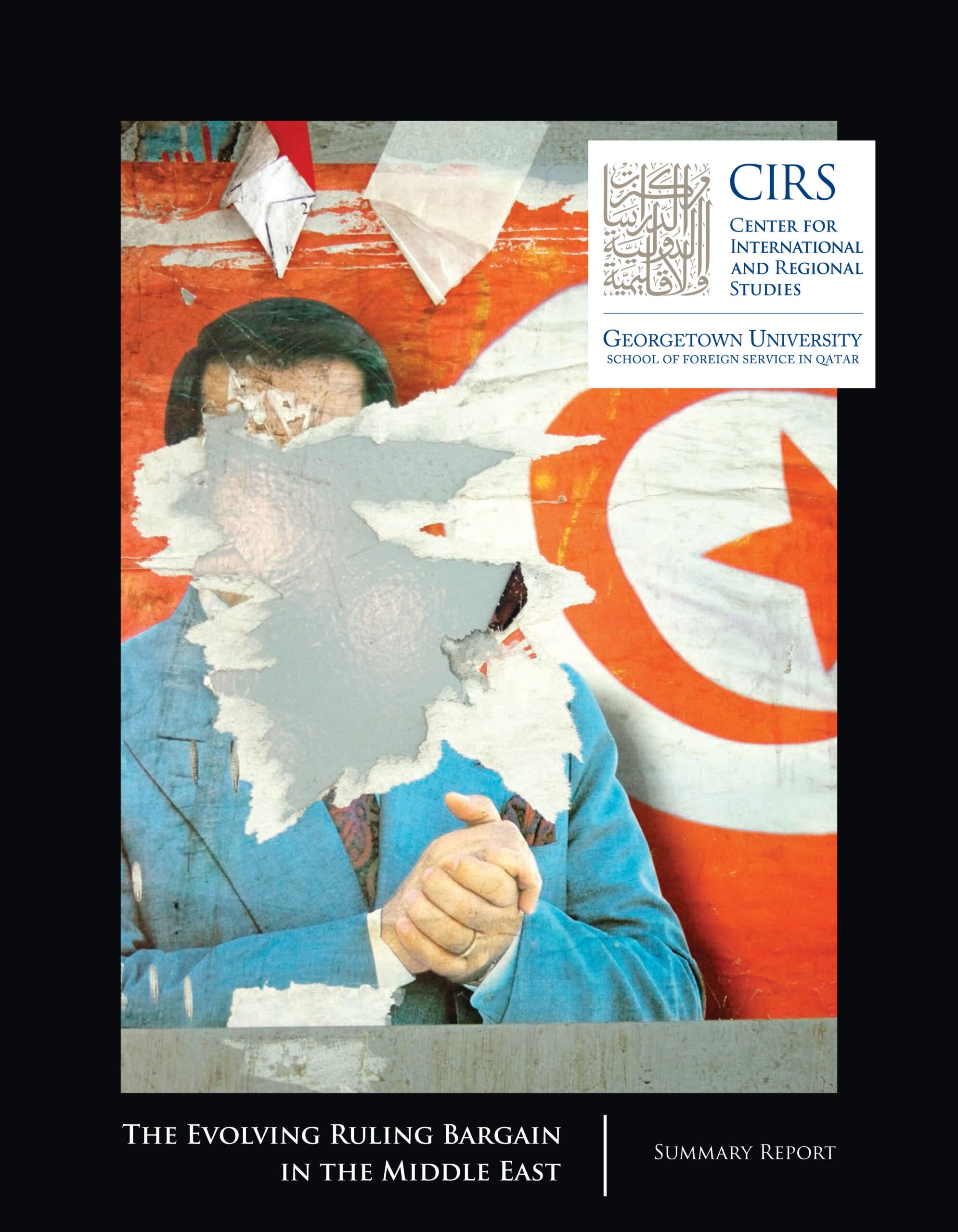Publications

Book

Mehran Kamrava, ed., Beyond the Arab Spring: The Evolving Ruling Bargain in the Middle East (Oxford University Press/Hurst, 2014).
The Arab Spring occurred within the context of the unraveling of the dominant “ruling bargain” that emerged across the Middle East in the 1950s. This is being replaced by a new and inchoate system that redefines sources of authority and legitimacy through various devices (such as constitutions), experiences, and processes (mass protests, civil wars, and elections), by reassessing the roles, functions, and at times the structures of institutions (political parties and organizations, the armed forces, the executive); and by the initiative of key personalities and actors (agency). Read more from Oxford University Press.
Summary Report

“The Evolving Ruling Bargain in the Middle East,” CIRS Summary Report no. 9 (Doha, Qatar: Center for International and Regional Studies, 2013).
Long a taboo topic, as well as one that has alarmed outside powers, sectarian conflict in the Middle East is on the rise. The contributors to this book examine sectarian politics in the Persian Gulf, including the GCC states, Yemen, Iran and Iraq, and consider the origins and con- sequences of sectarianism broadly construed, as it affects ethnic, tribal and religious groups. They also present a theoretical and comparative framework for understanding sectarianism, as well as country-specific chapters based on recent research in the area. Key issues that are scrutinised include the nature of sectarianism, how identity moves from a passive to an active state, and the mechanisms that trigger conflict. The strategies of governments such as rentier economies and the ‘invention’ of partisan national histories that encourage or manage sectarian differences are also highlighted, as is the role of outside powers in fostering sectarian strife. The volume also seeks to clarify whether movements such as the Islamic revival or the Arab Spring obscure the continued salience of religious and ethnic cleavages.